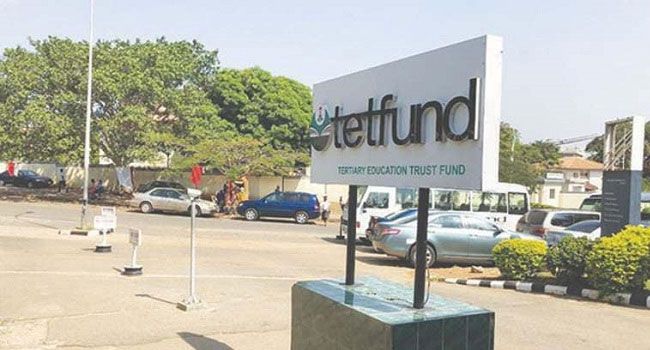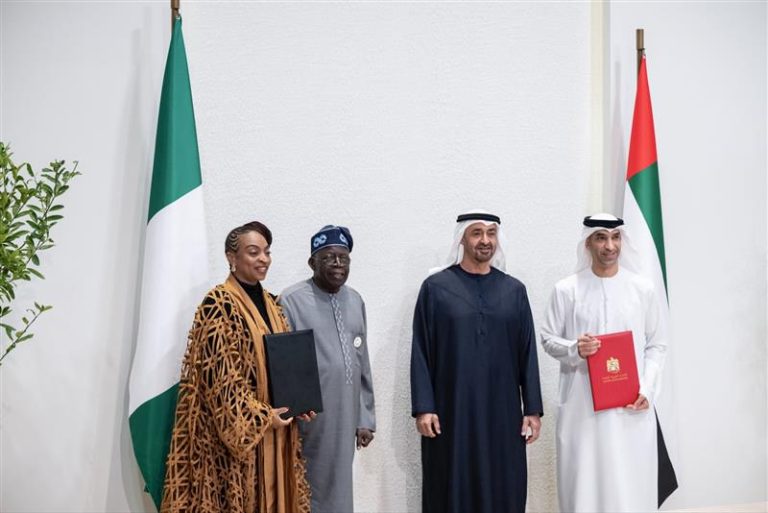
Nigeria is proving it can hold global tech giants accountable for tax obligations, collecting more than ₦600 billion ($400 million+) in VAT from companies like Facebook, Amazon, and Netflix.
The breakthrough comes after the Federal Government updated its tax framework to include non-resident digital service providers.
The success stems from the 2022 amendment to the VAT Act, which empowered the Federal Inland Revenue Service (FIRS) to register foreign platforms operating in Nigeria and designate them as VAT collection agents.
“These are not Nigerian entities, but they are now paying VAT under Section 10 of the VAT Act,” explained Mathew Osanekwu, Special Adviser on Tax Policy. “They’re registered in Nigeria and appointed as agents of collection”.
This move is part of a broader effort to diversify government revenue beyond oil and strengthen the country’s digital economy. Starting January 2026, the government will introduce new reforms: low-income earners earning below ₦800,000 annually will be exempt from personal income tax, and small businesses with turnovers under ₦100 million will enjoy tax relief.
Meanwhile, high-income earners and large corporations will contribute a larger share.
With ₦600 billion already collected and a comprehensive reform package on the horizon, Nigeria is positioning itself as a leading example of how African markets can effectively tax digital services.
Experts suggest that if the initiative succeeds, it could set a precedent for other countries seeking to capture revenue from the global tech sector, reducing loopholes that have allowed foreign platforms to operate tax-free.



